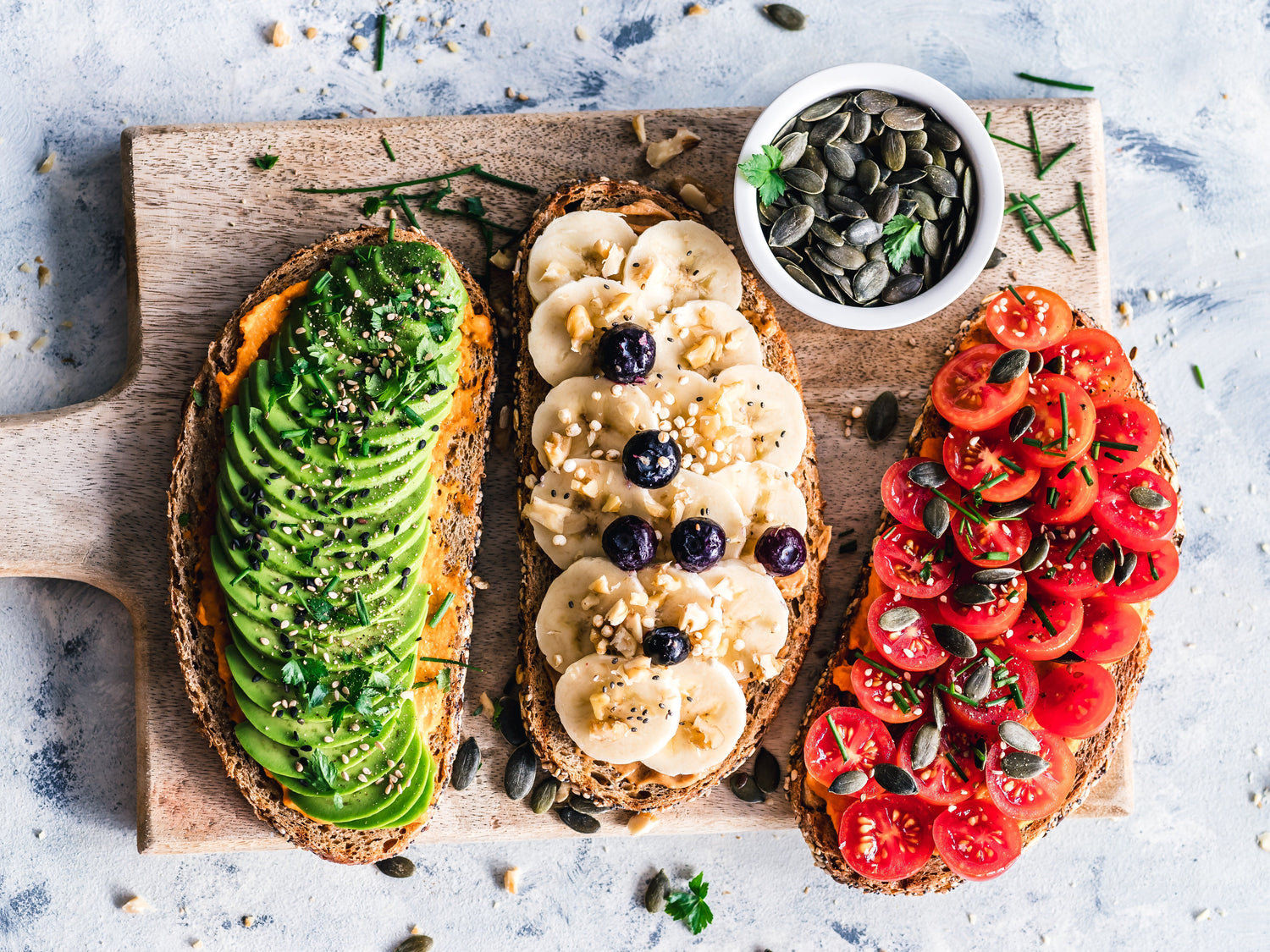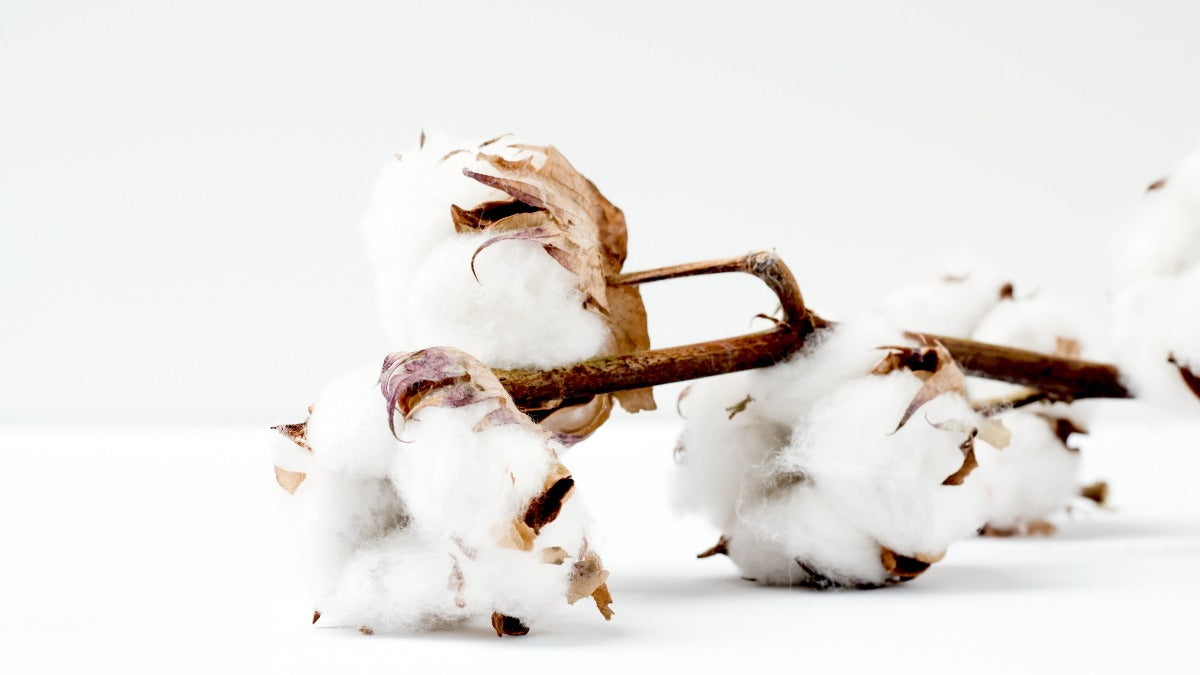
When we started out, being a vegan shoe company was not our top priority. Our focus was to use eco-friendly materials and lessen our impact on the planet as much as possible. But, after researching these eco-friendly materials, we couldn't identify a leather that was both kind to the planet and also cost efficient. We were also aware that the meat and leather industries are the number one cause for deforestation and wildlife extinction.
As for diets, the impact of a vegan lifestyle on the earth is undeniable. Raising animals for our consumption requires huge amounts of land (ie. bulldozing entire ecosystems like rainforests), energy, and water. According to PETA, it takes more than 2,400 gallons of water to produce a single pound of beef, compared to about 180 gallons of water to grow the same weight in whole wheat flour. The by bi-products of raising chickens, cows, and pigs for example, pollute the environment. For example, PETA points out that "producing a little more than two pounds of beef causes more greenhouse-gas emissions than driving a car for three hours."
Whether you're into the humanitarian or health reasons as well, adopting a vegan diet is a great path for environmentally-conscious people who want to reduce their carbon footprint.

But going vegan isn't easy. Thankfully, our friends at Future Kind have some advice. And newsflash, it doesn't happen overnight (phew!).
When they polled 300+ vegans and asked how long it took to transition their lifestyles, the results varied, making us feel a little better about our own path to change.
- 45% went vegetarian first
- 40% went vegan first
- 10% gradually cut food out
- 2% were born vegan
- And only 2 people responded that Veganuary was their transition (and both were vegetarian already)
So how to do it? Here's just a few considerations as you begin your journey.
1. Prepare: Identify WHY you want to go vegan. Is it for health reasons, maybe the environment, or ethical reasons? Either way, knowing why you want to change your life is a good first step, and will help you make the right changes for the right reasons.
2. Choose the right time: Going on vacation? Have a stressful few weeks of work ahead? These might not be the best times, for obvious reasons. Work into a schedule that you can stick to.
3. Make the transition stress free: Add in new foods first, before eliminating favorites like cheese (oh cheese!). Research substitutes and new foods you've never heard of (hello Nutritional Yeast!) and get adventurous.
4. Consider not labeling yourself: "The concept of veganism itself implies a certain level of commitment, and striving for perfection might be your downfall. Don’t rush into labelling yourself as vegan, and wait to get settled into the lifestyle first," - Future Kind.
For more tips, ideas, and thoughts on why to go vegan, visit Future Kind's Blog here. Making the transition yourself or working towards another eco-friendly lifestyle? Tell us all about it at connect@saolashoes.com.



